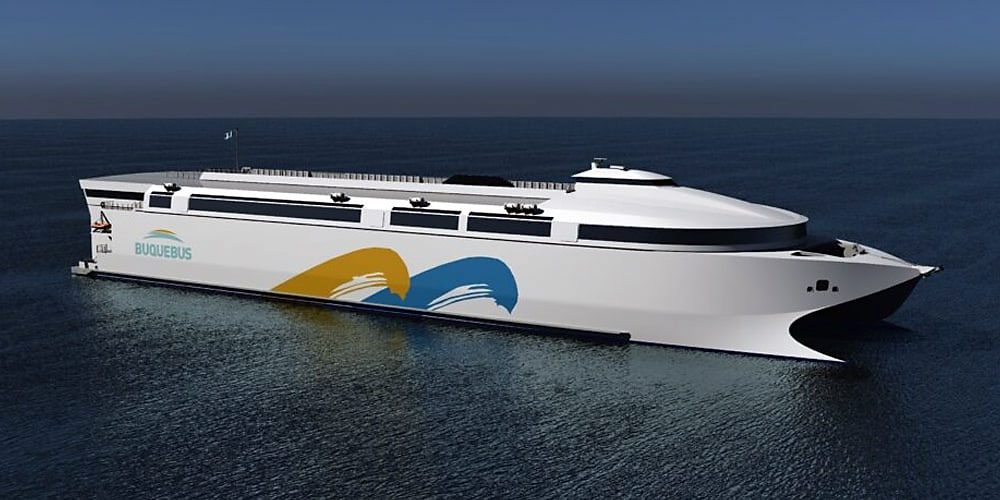Incat Tasmania has announced its selection to design and build two advanced battery-electric ferries for Molslinjen, a leading Danish ferry operator. Measuring 129m in length and powered by 45,000kWh battery systems, these vessels will serve the busy Kattegat route between Jutland and Zealand. They form a key part of the world’s largest electrification project at sea.
This international order further strengthens Incat’s reputation as a global leader in sustainable shipbuilding. The company is already progressing construction of Hull 096, the world’s largest battery-electric ship, and Hull 100, a 78m next-generation hybrid ferry.
Incat Chairman Robert Clifford described the new ferries as a pivotal moment for both Incat and the wider maritime sector. He noted they belong to a new generation of high-speed, low-emission ships that are expanding the boundaries of marine innovation.
Construction of the new vessels coincides with Incat’s planned expansion of its production facilities at Prince of Wales Bay in Tasmania. Over the next three years, this expansion will double both production capacity and workforce, enabling the company to significantly boost annual output of large vessels.
According to Clifford, this project is perfectly aligned with Incat’s strategic ambitions. As demand for eco-friendly ferries grows worldwide, the expanded facilities will position Incat to lead in terms of both scale and technological innovation.
Initial construction is expected to begin in the coming months, with delivery of the first ferry slated for late 2027. Once in service, each vessel will accommodate up to 1,483 passengers and 500 vehicles, reach speeds exceeding 40 knots, and eliminate thousands of tonnes of CO₂ emissions annually.


